“It’s ridiculous!” shouts one, “Who cares?!” yells another, filling the Dacha where ISU meets with noise and indignation. Few matters have received fewer empathy from either the school or ISU than animal welfare. In fact, both organizations have historically neglected the cause with disdain for years. But WIS is not alone, animal welfare is often mocked as a lesser cause, below us. This ridiculous view must cease.
If I took a poll of the school, few would doubt the impact domestic animals make in the lives of WIS students and faculty. So many have dogs, cats and other animals in their family. Yet, the visible importance of animal welfare is small at WIS. The Animal Welfare Club is dwarfed by the Pride Alliance and other cause-based clubs in both numbers and visibility. It is good that students stand up for those in our society who have often been discriminated against. However, how do we explain the apathy to the cause of animals who are beaten, abused, commercialized, mutilated, abandoned and need a home? Do animals not contribute directly to our psychological and physical well-being? Are they not integral parts of millions of families across the world? Of course they are, hence the questions I am raising.
At an ISU meeting not-so-long-ago, Mikaela and I raised the idea of a “Meatless Monday,” a day during which Sodexo would not serve meat, but those who brought lunch from home would obviously be free to eat as they please. The idea was met with laughter, mockery and opposition, even by an ISU President. They said “we should focus on a cause that helps people,” and “no one wants to do that and no one cares.” As the son of a woman who has dedicated her life to the cause of animal welfare in Washington, DC, I was not the least bit surprised. Animal welfare is always treated as a secondary cause that deserves less interest than human causes, the argument often being: “Well what about people in Darfur, or HIV?” Because human empathy is a zero-sum game and there is not eight billion of us who can focus on different issues and causes.
Mikaela and I, over the dissenting voices, tried to explain why this cause is so crucial to the human well-being. First, meatless monday would show that the school stands by the environment in ways supremely more important than recycling or buying burlap sacks from Whole Foods. Animal agriculture produces methane and is the number-one most impactful cause of global climate change. Methane—of which animal agriculture is the largest producer—is 25 times more harmful to the environment than Carbon Dioxide. Reducing methane emissions is the fastest way to reduce the impacts of looming natural catastrophes caused by climate change. Livestock is also responsible for 65% of all Nitrous Oxide (N2O) emissions. N2O, a greenhouse gas, is 296 times more destructive than Carbon Dioxide. Animal agriculture is also the primary cause of the deforestation of the Amazon rainforest contributing to the release of Carbon Dioxide and accelerating Earth towards a fifth great extinction. Furthermore, eating a pound of beef uses 1800 gallons of water (55 burgers is enough to fill up a semi-olympic length pool). So, if you want to be green, you can do a better job than just driving a hybrid, you can take meat off your menu one day a week (or even more). Red meat is also a carcinogen, according to the WHO. It is categorized the same way as smoking and being around asbestos. By eating meat, you are encouraging a system which has caused millions to die from malnutrition. There is enough food in this planet to sustain every one of us without anyone going hungry, but because we (Western peoples) eat more meat than recommended and because of the nature of meat production, we are forcing people to go hungry. Let me elaborate. To produce meat, you need twice as much land than to produce a wheat. You need not only the land in which the cows, or pigs or sheep or chickens are grown, but also the land that will produce their feed (since it is impossible to grass-feed cows on a massive enough scale to meet global demand). That land on which their feed is produced is land being taken away from wheat and soy and corn production. And for what? So that Americans can eat 4 times more meat than is medically-recommended? So that Australians and New Zealanders can eat 5 times more meat than recommended? The production of meat feeds your selfish interests at the detriment of the 795 million people who are malnourished worldwide. Shame on you (shame on me).
I am not telling you to stop eating meat, but have some awareness! I am shocked that I am likely the first person to ever tell you this. If anything, tell yourself that that Big Mac is not worth it. Have a nice, high-quality piece of meat at Medium Rare, or Fat Pete’s, but don’t eat bad meat because it is not worth your time.
Besides the fact that meat destroys the environment and is bad for your health, the production of meat is most often highly unethical and simply, awful. We excuse the monsters who beat animals, maul them, mutilate them in slaughterhouses, forgetting that the first signs in many serial murderers and rapists is animal abuse, because we care more about our Micky D than animals. Those of you who have some semblance of courage will not shy away from watching this video (Go to 0:26) which depicts abuse very far from the worst I have seen. I would not however blame you for not watching this video; the footage constitutes some of the most wretched, insidious and revolting abuse I could imagine and made me nauseous.
If after watching either one of those videos, which depict abuses not uncommon in the meat industry you feel indifferent to the content, then I cannot convince you and you should stop reading. But if you are like me: a person who eats meat but is revolted by the meat industry, then we can take this step, together, hand-in-hand and either demand a school-wide introduction to meatless mondays, and if all else fails, collectively make Monday our meatless day. Remember, reducing your meat consumption is not only great for the environment, but also an act of morality, to condemn the atrocities we have too long been complacent to in the meat industry.
P.S. : Meatful Monday as some ISU presidential candidates advertised, is really a shameless and ignorant position that is offensive to those who make efforts to be aware of the issues associated with meat consumption. I believe those candidates should publicly apologize.
P.P.S. : I eagerly await your comments. If you are interested in learning more about this consequential issue, here are some more sources, perhaps more coolheaded than yours truly:
- http://shrinkthatfootprint.com/food-carbon-footprint-diet
- http://timeforchange.org/eat-less-meat-co2-emission-of-food
- http://www.cowspiracy.com/infographic
I highly recommend watching the movie “Cowspiracy,” which, despite its funny name, is a fantastic resource (which you can find on Netflix) to learn about the environmental problems animal agriculture is causing. Those of you with an HBO account can watch Vice on HBO’s report on the ecological effects of meat production, which is fascinating.
By Henri-Nicolas Grossman








































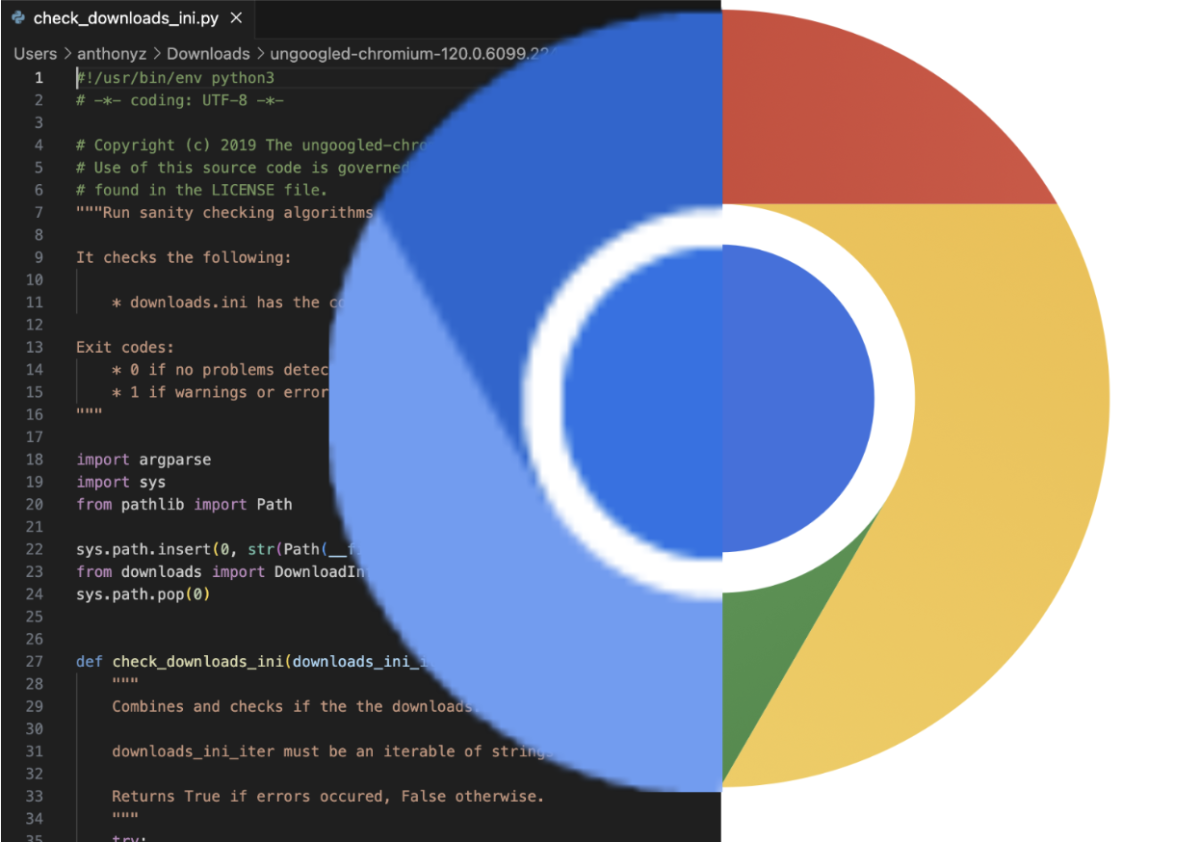
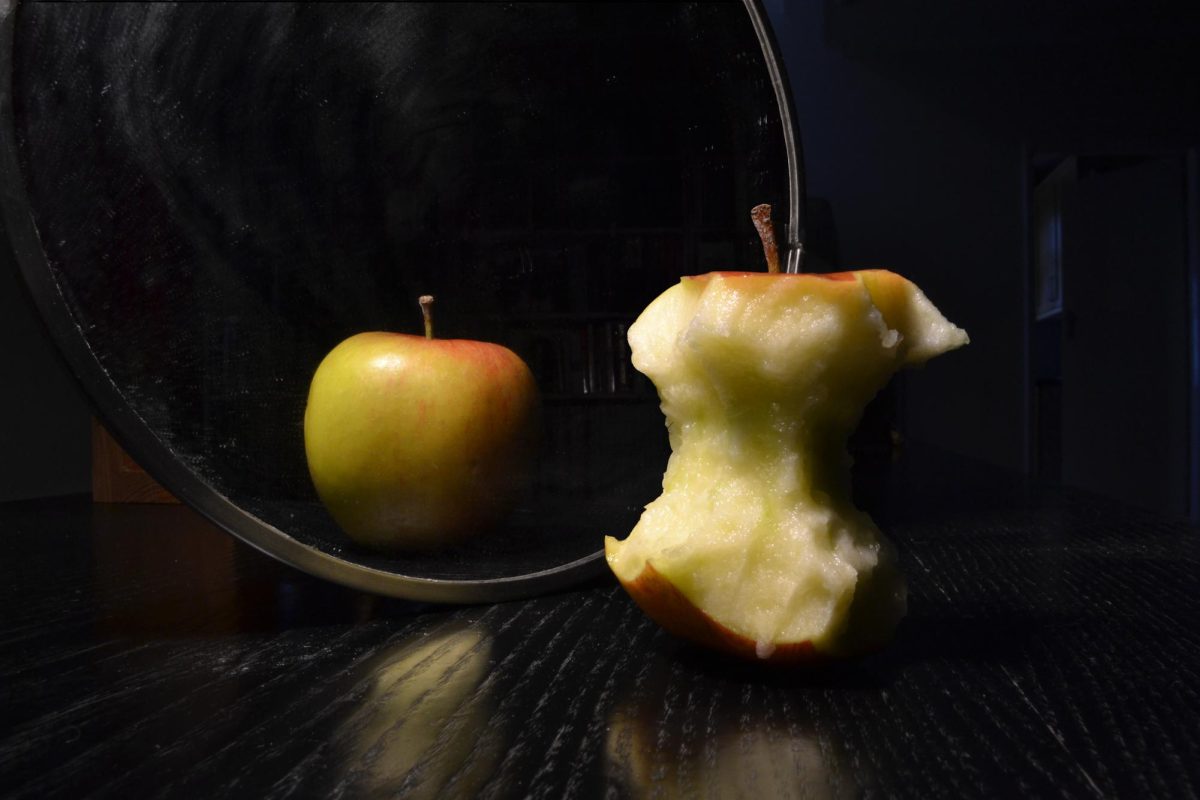

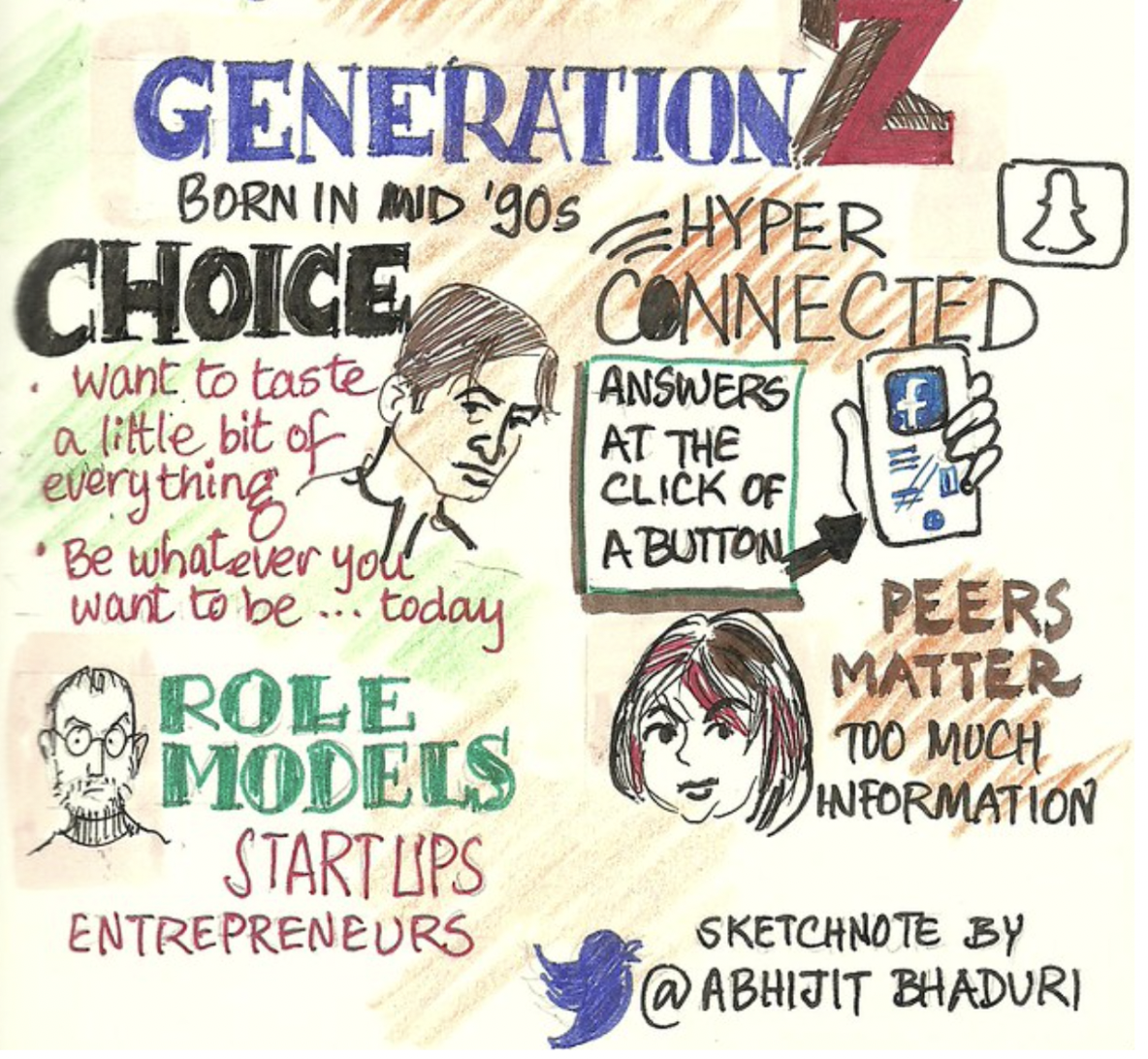














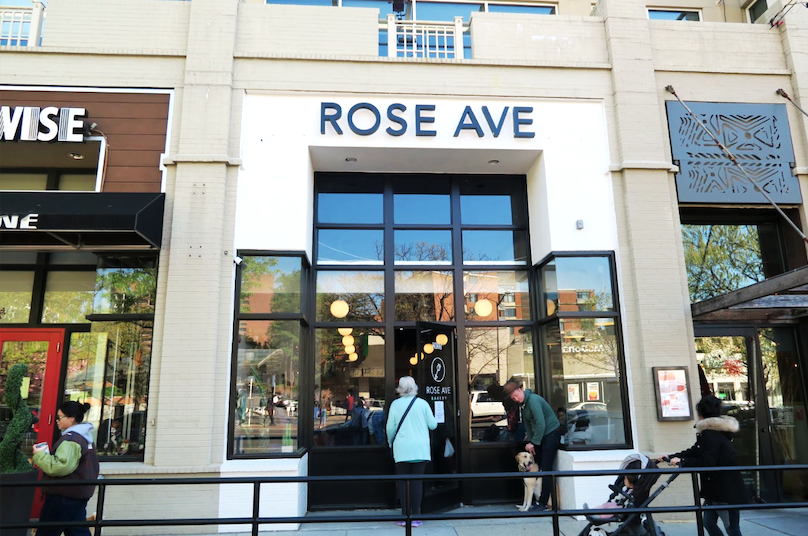



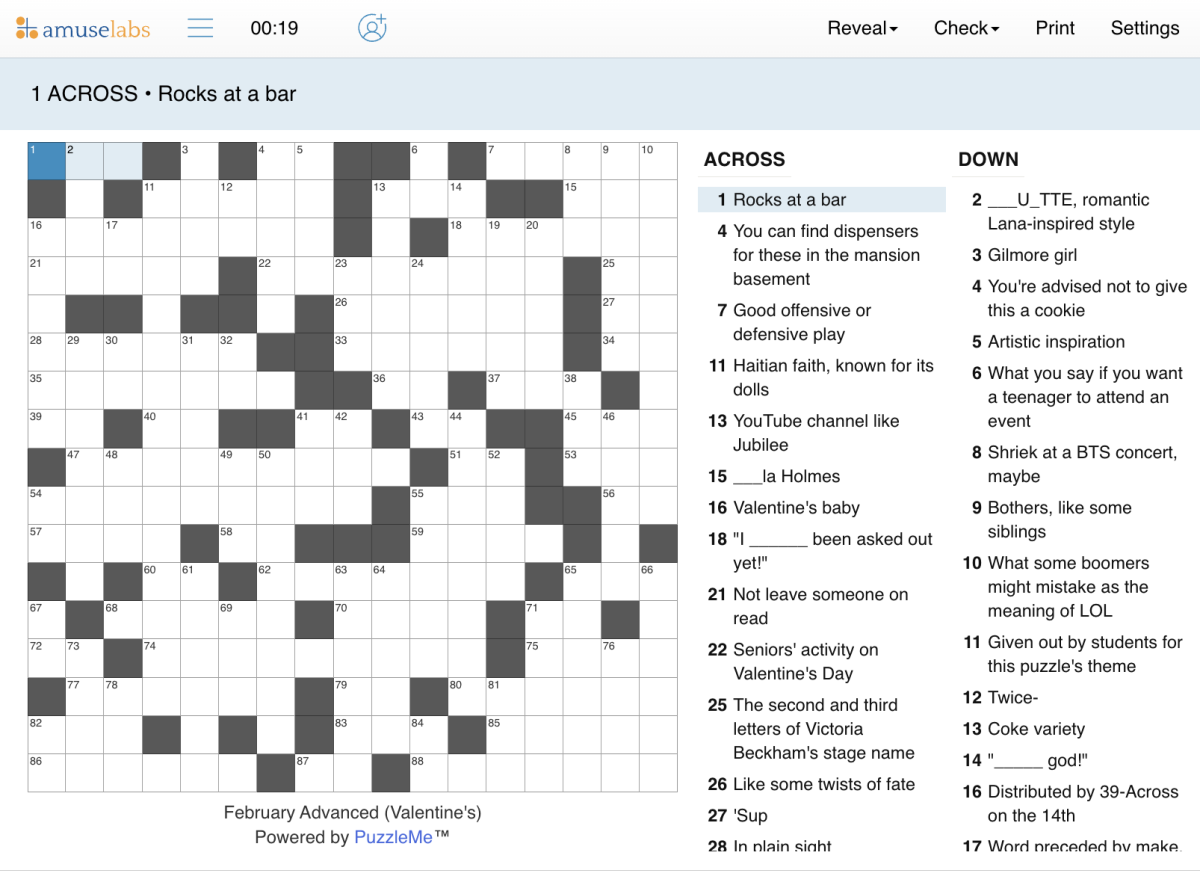


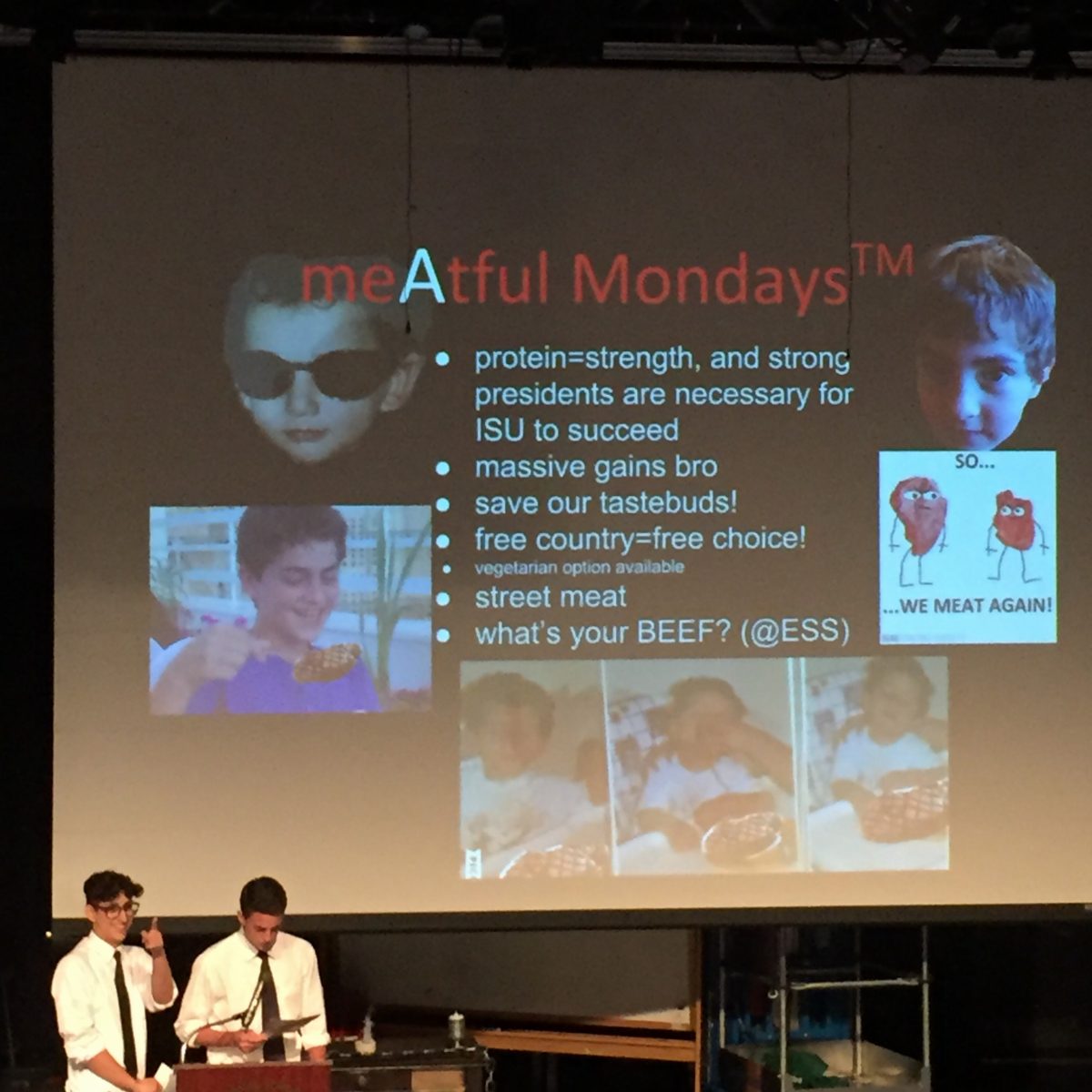

Mikaela Matera Vatnick • May 2, 2016 at 10:10 pm
Amazing article!!! Thank you for putting it together!